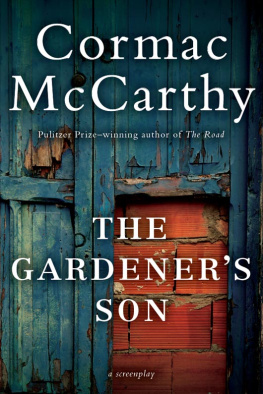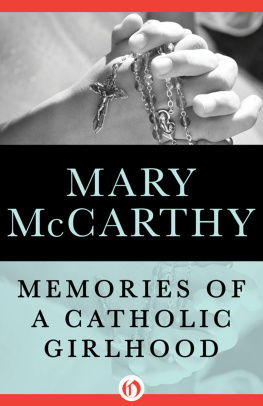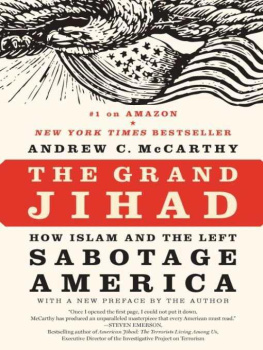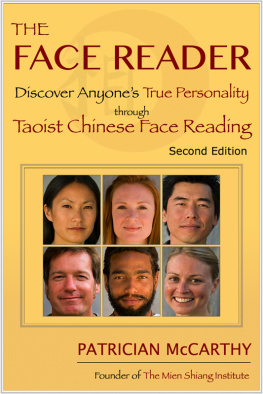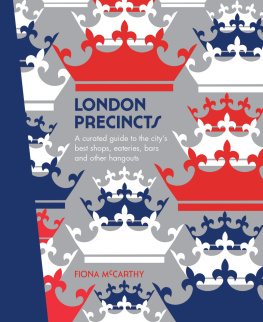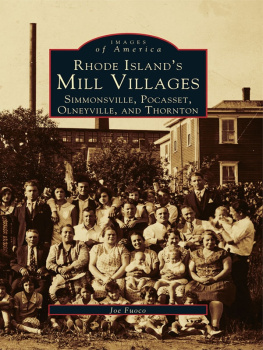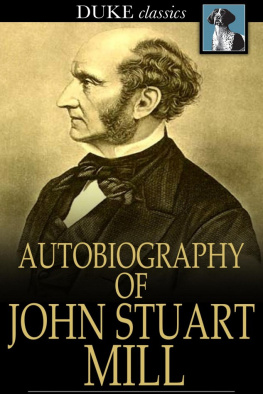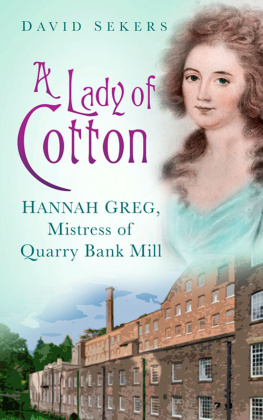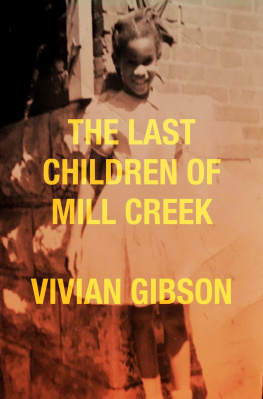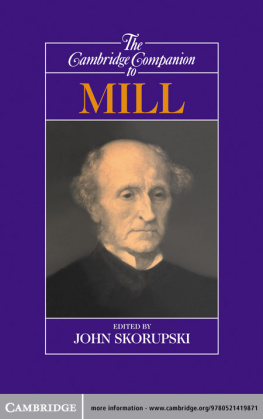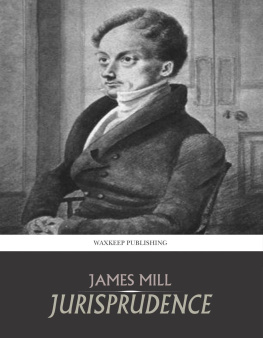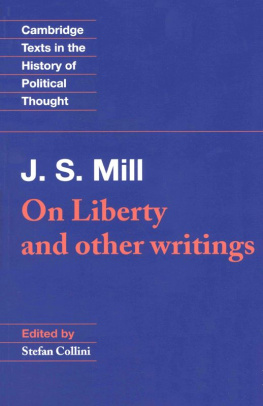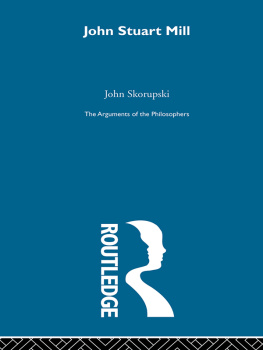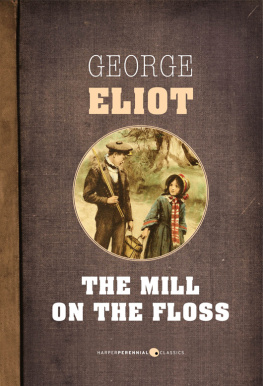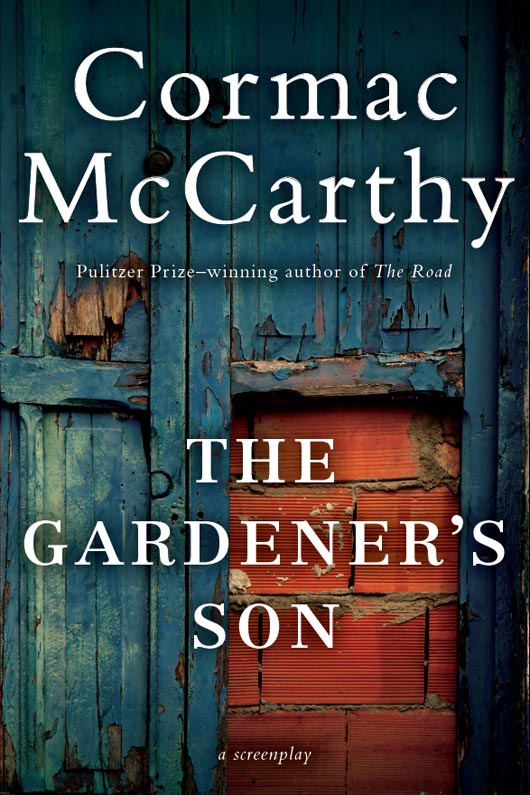In the spring of 1975 I sent Cormac McCarthy a letter in care of a post office box in El Paso, Texas. His wife in Maryville, Tennessee, and his editor at Random House were protective of his whereabouts, but they both assured me that, wherever he was, he picked up his mail every six weeks or so. At the time I was a documentary filmmaker on sabbatical (thanks to a fellowship from a journalism foundation) with money to spend (thanks to a public television series entitled Visions) looking for a screenwriter. Not just any screenwriter. A great screenwriter. I had already spoken to Eudora Welty (I was young and shameless).
McCarthys first three novels (The Orchard Keeper, Outer Dark, and Child of God) had been published to the requisite number of glowing reviews describing the author as Faulknerian (the southern novelists proverbial kiss of death). Sales had been fitful at best. Certainly Hollywood had not been beating a path to this particular P.O. Box in El Paso before me. Child of God, the oddest of a wonderfully odd lot, had been the one that struck me. It was easily the most cinematic, but not in the conventional sense of the term. It had a rigor about it, a way of not taking the easy, novelistic route. By never presuming an authors license to enter the mind of his protagonist, McCarthy had been able to insure the almost complete inscrutability of his subject and subject matter, while at the same time thoroughly investigating it. Here was negative capability of a very high order. I was hooked.
And so when a few weeks later I received a reply from this most inscrutable of writers suggesting we meet and talk about my ideas for the film, I became convinced that it was meant to be, and so it was. We were, at least in one sense, perfectly matched: he had never even seen, much less written a screenplay, and I had never directed a fiction film, only documentaries. The treatment or story of the film, insofar as one existed, was based on nothing more than a few paragraphs in the footnotes to a 1928 biography of a famous industrialist of the preCivil War South. Our first meeting ended with an agreement to reconvene in Tennessee, then drive southeast through North and South Carolina, making our way to Graniteville, where the actual events of the story took place. It would be a kind of research trip, or at least an excuse for a research trip. It would last a few weeks, and then with a few more weeks of work back in Maryville at the typewriter, we would have our screenplay. It would be that simple.
In fact it took almost exactly a year. For me a wonderful itinerant year on the road, with the deafening roar of the textile mills of South Carolina giving way to the tiny plop of a perfectly ripened tomato outside Cormacs living room window in Tennessee. For Cormac McCarthy, at least from my vantage point, it was a year of pure alchemy, much of it spent translating what could have been a dry academic expose into a strange and haunting tale of impotence, rage, and ultimately violence among two generations of owners and workers, fathers and sons, during the rise and fall of one of Americas most bizarre utopian industrial experiments.
The resulting two-hour film, The Gardeners Son, was made in 16mm for $200,000, broadcast on PBS in 1976, shown at the Berlin and Edinburgh Film Festivals, nominated for two Emmy Awards, and was my education as a film director. Twenty years have passed, and Cormac McCarthy is now an old friend and godfather to my daughter Remy and, in many ways, to all the films Ive made since.
R ICHARD P EARCE
A PRIL 29, 1996
In Order of Appearance
O LD T IMEKEEPER Soft spoken.
Y OUNG M AN Neatly dressed, well spoken. Under his manner a hint of truculence.
J AMES G REGG Son of the founder of the mill. Age about 30.
T HE S TOCKHOLDERS Men in frock coats.
M ARTHA M C E VOY The older daughter, age 14.
M RS M C E VOY The mother.
M R M C E VOY The father, a gardener from the mills.
M ARYELLEN M C E VOY The younger sister.
D R P ERCEVAL Tall and perhaps somewhat cadaverous. He dresses formally and is given to quoting from the classics.
D APHNE Mrs Greggs black servant.
M RS G REGG
M R G REGG A ghost lying in the bed.
R OBERT M C E VOY The son, age 17.
W ILLIS (Dr Percevals Man) A tall and stout black, dedicated to the doctor.
T HE S PEAKER (at Mr Greggs funeral) Perhaps one of the stockholders.
T IMEKEEPER (Captain Giles) A younger version of the old timekeeper at the opening of the film.
R AGGED M AN A thin and shifty-eyed hillbilly. Could be played by the doctor (Perceval) in rags.
F IRST B LACK A quiet spoken middle-aged man.
S ECOND B LACK (Odell) Younger and less guarded.
O LD W OMEN (at the wake) Small and tight-mouthed and disapproving. These three women are dressed in mourning, are somewhat witchlike.
O LD M AN (at greenhouse) Small, neat looking, and quietly efficient.
C LEITUS (Mrs Greggs manservant) A dignified black, perhaps in his sixties.
P INKY A man about forty, big and stout and somewhat florid.
F IRST M AN A man about forty.
S ECOND M AN Smaller and older.
T HIRD M AN Quiet and enigmatic. Not without humor. All are dressed in overalls, some with jackets, perhaps with caps.
O VERSEER Perhaps in shirt sleeves. He is a few years younger than Patrick McEvoy.
W ORKER
P ROSECUTING A TTORNEY Reads the charges in a sort of cadenced monotone, not unlike an amateur reading of poetry or like a preacher.
O C J ORDAN A country lawyer.
C ONSTABLE A man much like the overseer in the mill.
M R W IGGINS The newspaper accounts are ambiguously worded, but he appears to have been black. He is a prosecutor for the defense.
D R C AMPBELL A dignified witness, a gentleman perhaps in his forties.
S TARK S IMS Apparently not too bright a fourteen-year-old, but with his own sense of dignity.
WJ W HIPPER A black yankee lawyer with a great deal of presence about him, an air almost of arrogance.
J UDGE M AHER A thin faced man who could pass for a shop clerk or almost anything else. He reads the death sentence without dramatics or flair but with a reasonable sense of the solemnity of the occasion.
F OREMAN
P HOTOGRAPHER He should not appear obsequious. He is good-natured, perhaps clumsy with his equipment.
V IRGIL A good old country boy, laconic, solicitous of McEvoy.
T HE P RIEST
F IRST AND S ECOND J AILERS A pair who take their duties very seriously.
S HERIFF A clean-cut type, inclined to be avuncular toward McEvoy, not without kindness.
M R C LEMENTS A tidy professional at his work.
T HE W HITTLER IN THE H ALLWAY A thoughtful, rather sad old man, perhaps in his seventies. Perhaps wearing spectacles.
T HE W OMAN AT THE D ESK IN THE H OSPITAL
T HE O RDERLY
O LD M ARTHA M C E VOY A thin white-haired and ghostlike old lady whose eyes suggest a liveliness that is childlike but not quite mad.

CONTENTS
Interior. Old office of the Graniteville cotton mill. Daylight through dusty windows. An old desk. Boxes and crates standing about on the floor.
T IMEKEEPER (os) God knows what all is in here. Id watch where I put my hands. That was the... I dont know what that was.
Sounds of footsteps. A door opening.

